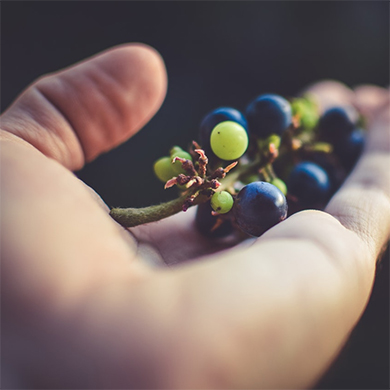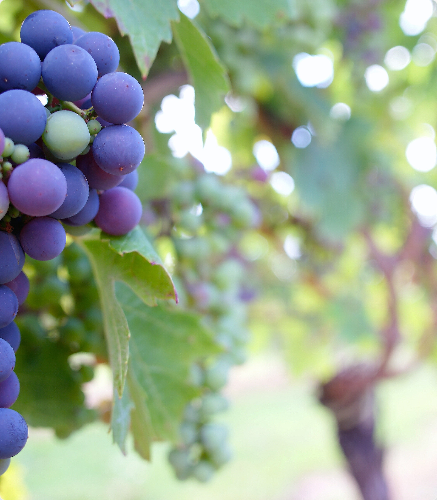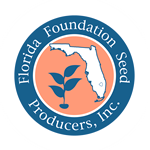Florida had a large grape industry in the 1920s, but plantings of V. vinifera and existing hybrids failed due to a disease initially known as vine degeneration, later renamed Pierce’s disease (PD). This bacterial disease killed V. vinifera grapes and hybrids but was relatively harmless to muscadines. At the time, muscadines were not popular for winemaking or the fresh-fruit market.
Continued interest in viticulture by Florida farmers led to the formal establishment of a UF/IFAS grape-breeding program that same decade. The program was led initially by Loren Stover and later by John Mortensen, both of whom spent their careers breeding grapes at the UF/IFAS Central Florida Research and Education Center. The ‘Blanc du Bois’ grape was developed in 1968 when Mortensen crossed PD-resistant, native Florida grapes with susceptible V. vinifera selections, resulting in a wine grape resistant to PD - a significant development. When Mortensen retired in 1990, the formal breeding program ended, but UF/IFAS grape research continued.
In 1984, researchers began applying emerging biotechnological methods to grape improvement. Three muscadine cultivars were released; ‘Eudora’ (2006), ‘Delicious’ (2007), and ‘Southern Jewel’ (2007) - all of which were developed via conventional breeding. Researchers are currently preparing a disease-resistant V. vinifera hybrid for release.





